In today’s world, where efficient utilization of land and resources is paramount, chiseling farming has emerged as a revolutionary technique. This method of soil preparation offers numerous benefits for sustainable agricultural practices, from improving water retention to enhancing soil structure. In this article, we will delve into the concept of chiseling farming, exploring its advantages, implementation, and the positive impact it can have on crop yields and environmental sustainability. Understanding Chiseling Farming: Chiseling farming is a conservation tillage technique that involves using a chisel plow or subsurface tillage implement to break up compacted soil layers beneath the surface without completely inverting them. This technique is primarily deployed to alleviate soil compaction, improve water infiltration, and enhance soil drainage, ultimately promoting healthy root development and boosting crop productivity.
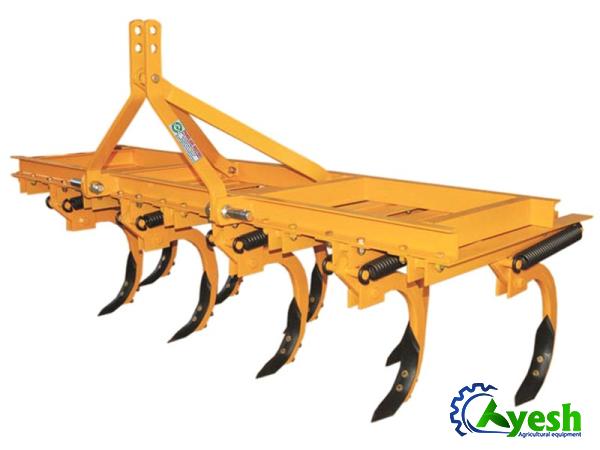
.
 Advantages of Chiseling Farming: 1. Soil Structure Improvement: Compacted soils are a barrier to root growth and penetration, but chiseling farming helps alleviate compaction by creating cracks or channels in the soil structure. This enables plant roots to access essential nutrients, water, and oxygen, resulting in more robust plants and higher yields. 2. Enhanced Water Retention: By creating channels in the soil, chiseling farming aids in better water infiltration, reducing surface runoff and erosion. This technique allows moisture to penetrate deeper into the soil profile, supporting crops during periods of drought or excessive rainfall. Improved water retention also minimizes the need for irrigation, reducing water consumption and costs. 3. Reduced Soil Erosion: The channels formed by chiseling farming act as conduits, diverting water away from the surface and directing it deeper into the soil. This reduces the risk of erosion caused by heavy rain, safeguarding topsoil and preserving its nutrient-rich composition. 4. Weed Control: Chiseling farming helps control weed growth by burying weed seeds below the soil surface, preventing their germination.
Advantages of Chiseling Farming: 1. Soil Structure Improvement: Compacted soils are a barrier to root growth and penetration, but chiseling farming helps alleviate compaction by creating cracks or channels in the soil structure. This enables plant roots to access essential nutrients, water, and oxygen, resulting in more robust plants and higher yields. 2. Enhanced Water Retention: By creating channels in the soil, chiseling farming aids in better water infiltration, reducing surface runoff and erosion. This technique allows moisture to penetrate deeper into the soil profile, supporting crops during periods of drought or excessive rainfall. Improved water retention also minimizes the need for irrigation, reducing water consumption and costs. 3. Reduced Soil Erosion: The channels formed by chiseling farming act as conduits, diverting water away from the surface and directing it deeper into the soil. This reduces the risk of erosion caused by heavy rain, safeguarding topsoil and preserving its nutrient-rich composition. 4. Weed Control: Chiseling farming helps control weed growth by burying weed seeds below the soil surface, preventing their germination.
..
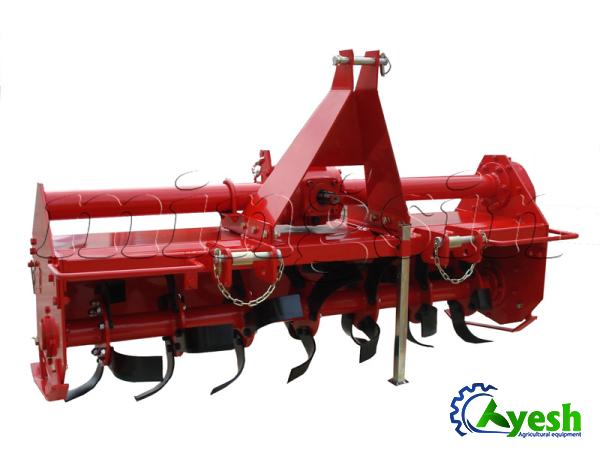 This significantly reduces the need for herbicides, enabling farmers to adopt more sustainable and cost-effective weed management practices. Implementing Chiseling Farming: To implement chiseling farming effectively, farmers should consider the following steps: 1. Soil Evaluation: Assess soil compaction levels through soil sampling and analysis. Identify areas with high compaction and prioritize those for chiseling. 2. Equipment Selection: Choose an appropriate chisel plow or subsurface tillage implement based on the specific field conditions and the desired depth of chiseling. 3. Timing: Chiseling is typically performed after harvest or during fallow periods when the ground is relatively dry. Avoid chiseling when the soil is too wet to prevent compaction. 4. Depth and Spacing: Adjust the chisel plow’s depth and shank spacing based on soil conditions and crop requirements. Maintain a balance between creating adequate cracks and preserving soil structure.
This significantly reduces the need for herbicides, enabling farmers to adopt more sustainable and cost-effective weed management practices. Implementing Chiseling Farming: To implement chiseling farming effectively, farmers should consider the following steps: 1. Soil Evaluation: Assess soil compaction levels through soil sampling and analysis. Identify areas with high compaction and prioritize those for chiseling. 2. Equipment Selection: Choose an appropriate chisel plow or subsurface tillage implement based on the specific field conditions and the desired depth of chiseling. 3. Timing: Chiseling is typically performed after harvest or during fallow periods when the ground is relatively dry. Avoid chiseling when the soil is too wet to prevent compaction. 4. Depth and Spacing: Adjust the chisel plow’s depth and shank spacing based on soil conditions and crop requirements. Maintain a balance between creating adequate cracks and preserving soil structure.
…
 Environmental and Economic Sustainability: Chiseling farming promotes sustainable agricultural practices in several ways: 1. Reduced Soil Degradation: By minimizing soil erosion and compaction, chiseling farming helps preserve the long-term fertility and productivity of agricultural land. 2. Conservation of Resources: Improved water retention reduces dependency on irrigation, leading to more efficient water usage. Additionally, the reduced need for herbicides lowers chemical inputs and their associated environmental impacts. 3. Cost Savings: Chiseling farming can potentially save farmers money by reducing the need for additional inputs such as water, herbicides, and machinery. Conclusion: Chiseling farming is gaining recognition as an innovative and sustainable solution for modern agriculture. By improving soil structure, enhancing water retention, and controlling weeds, this technique offers significant benefits for both crop yields and environmental conservation. As farmers embrace chiseling farming, they contribute to the long-term sustainability of their operations while ensuring the continued provision of food and resources for years to come.
Environmental and Economic Sustainability: Chiseling farming promotes sustainable agricultural practices in several ways: 1. Reduced Soil Degradation: By minimizing soil erosion and compaction, chiseling farming helps preserve the long-term fertility and productivity of agricultural land. 2. Conservation of Resources: Improved water retention reduces dependency on irrigation, leading to more efficient water usage. Additionally, the reduced need for herbicides lowers chemical inputs and their associated environmental impacts. 3. Cost Savings: Chiseling farming can potentially save farmers money by reducing the need for additional inputs such as water, herbicides, and machinery. Conclusion: Chiseling farming is gaining recognition as an innovative and sustainable solution for modern agriculture. By improving soil structure, enhancing water retention, and controlling weeds, this technique offers significant benefits for both crop yields and environmental conservation. As farmers embrace chiseling farming, they contribute to the long-term sustainability of their operations while ensuring the continued provision of food and resources for years to come.
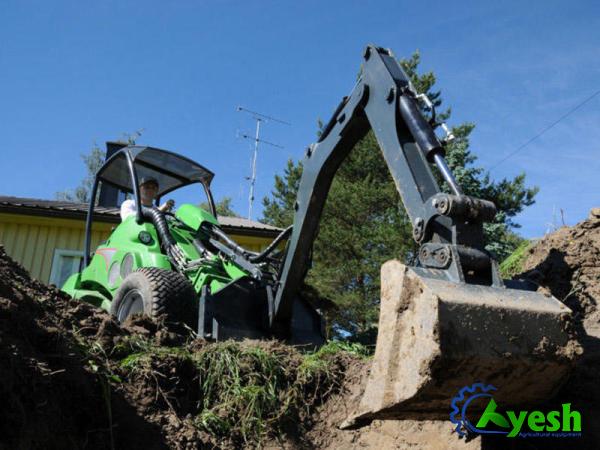



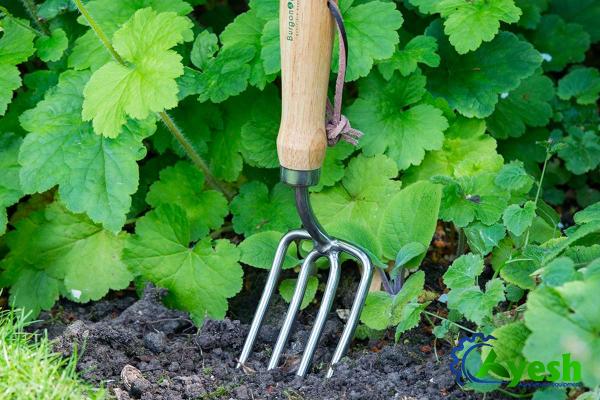

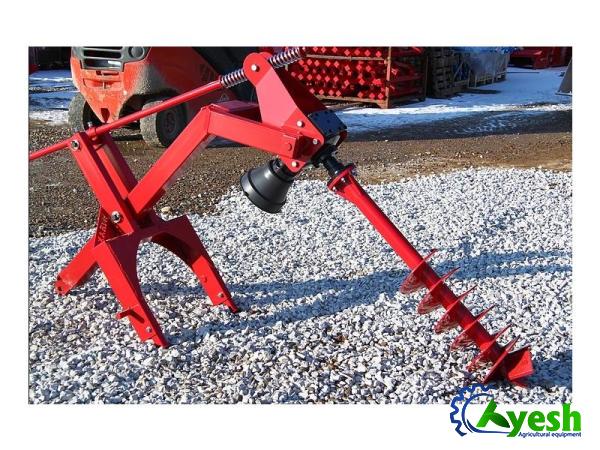
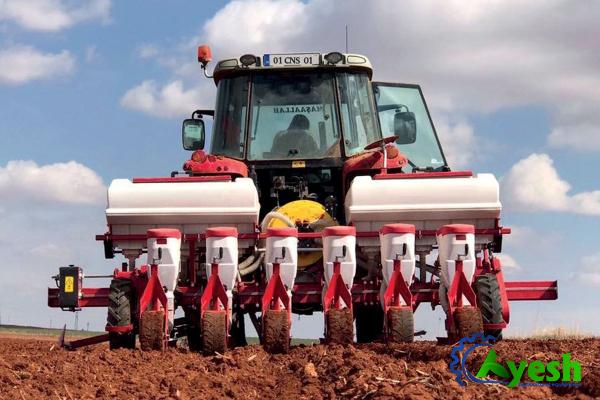
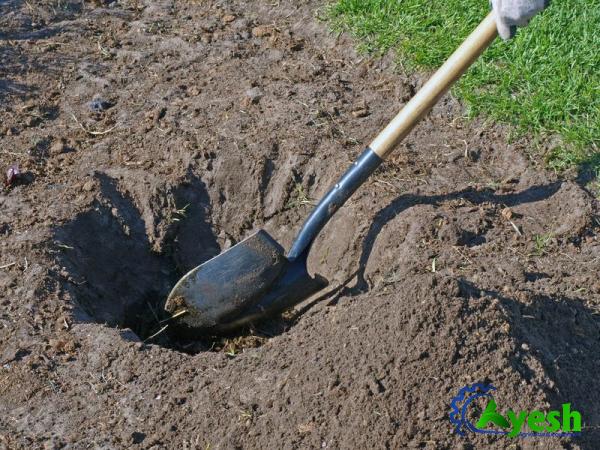
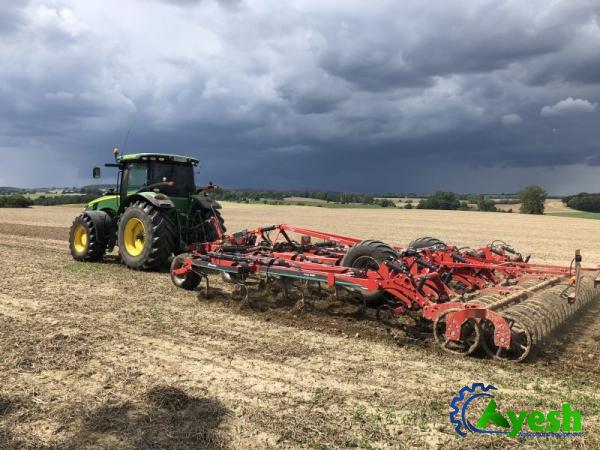
Your comment submitted.